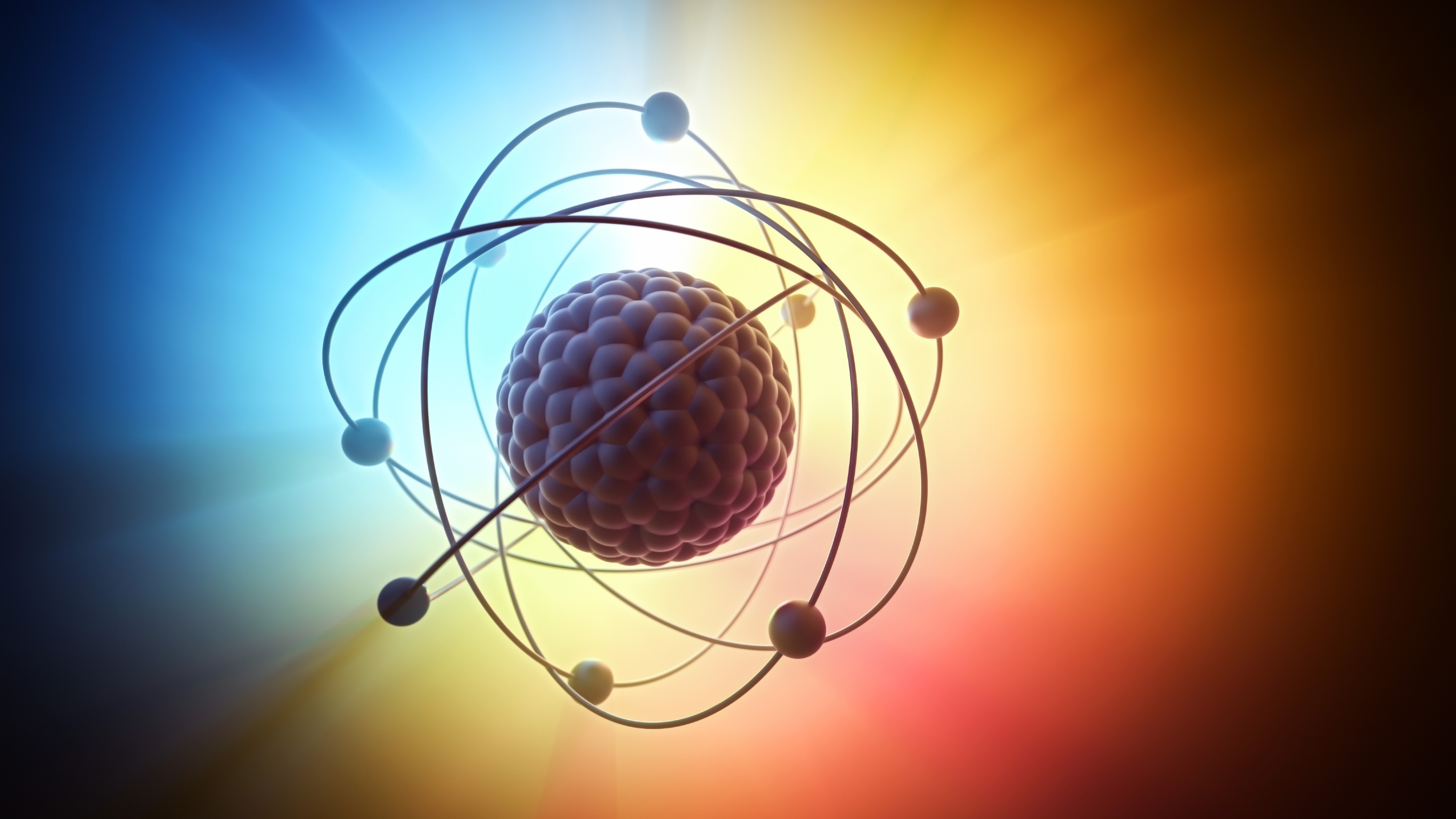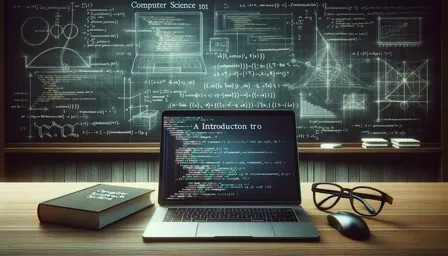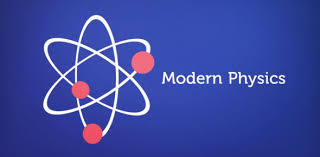
The Quantum Mechanics course provides a foundational understanding of the principles and mathematical framework that govern the behavior of matter and energy at atomic and subatomic scales. It explores the departure from classical physics, introducing core concepts such as wave-particle duality, quantum states, uncertainty principle, superposition, and quantization. The course covers the Schrödinger equation, quantum operators, probability densities, and applications to systems like the hydrogen atom, potential wells, and harmonic oscillators. Emphasis is placed on the theoretical development of quantum theory and its implications for modern physics, chemistry, and emerging technologies like quantum computing.
Objectives:
- To introduce the fundamental principles and postulates of quantum mechanics.
- To understand the mathematical formalism used to describe quantum systems.
- To explore the physical interpretation of wavefunctions, operators, and observables.
- To apply quantum mechanics to solve problems involving simple systems such as particles in potential wells and atoms.
- To build a conceptual foundation for advanced study and applications in modern physics, chemistry, and quantum technologies.
- Explain key concepts in quantum mechanics including wave-particle duality, superposition, and uncertainty.
- Formulate and solve the time-dependent and time-independent Schrödinger equations for basic quantum systems.
- Interpret the physical meaning of wavefunctions, probability densities, and quantum operators.
- Apply quantum principles to analyze systems such as infinite/finite potential wells, the harmonic oscillator, and the hydrogen atom.
- Use mathematical tools such as linear algebra, differential equations, and complex numbers in quantum contexts.
- Understand and discuss the implications of quantum mechanics in modern scientific and technological developments.
Academic Year 2024-2025
Lecturer: Augustin SIWEGUSA
- Teacher: content creator

This course introduces fundamental physics concepts tailored for students in computer science, emphasizing practical applications and analytical thinking. It covers key areas of classical mechanics, electricity and magnetism, thermodynamics, and waves, with a focus on problem-solving and modeling. The course also explores the physical principles behind modern technologies such as semiconductors, circuits, and data storage devices. By integrating computational methods and simulations, students gain insight into how physics underpins computer hardware, sensors, and networking infrastructure. The course builds a foundational scientific perspective useful for understanding system performance, hardware design, and the physical limits of computation.
- To introduce core principles of physics relevant to computing and information technologies.
- To develop analytical and problem-solving skills through physical reasoning and mathematical modeling.
- To explore the physical foundations of hardware components such as circuits, semiconductors, and memory devices.
- To connect physical laws with the behavior of electrical and mechanical systems used in computing.
- To provide hands-on experience with simulations and computational tools for analyzing physical systems.
Learning Outcomes:
By the end of the course, students will be able to:
- Explain basic concepts in mechanics, thermodynamics, electromagnetism, and wave physics.
- Analyze physical systems using Newton’s laws, conservation principles, and electromagnetic theory.
- Understand the physics behind electronic components, such as resistors, capacitors, transistors, and diodes.
- Solve problems involving electric circuits and describe their relevance in computer hardware.
- Apply computational methods and simulations to model and visualize physical phenomena.
- Relate physical constraints to computing limits, such as energy consumption, heat dissipation, and data transmission.
- Demonstrate an understanding of how physical principles impact modern computing devices and systems.
Academic Year 2024-2025
Lecturer: Alfred MUKURU
- Teacher: content creator


